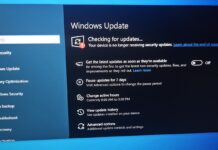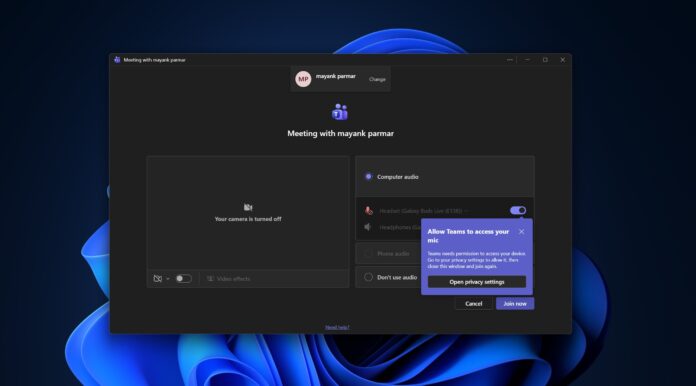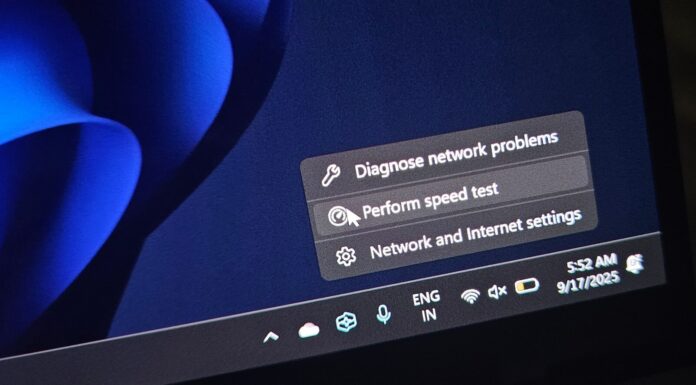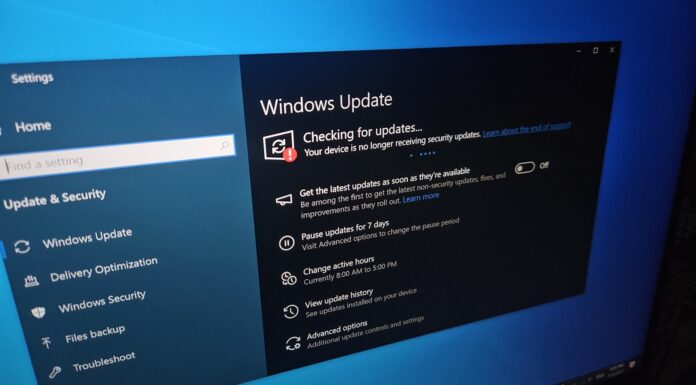Microsoft Teams for Windows 11 / 10 is based on WebView2, and while it no longer uses Electron, it’s still an absolute disaster when it comes to performance. This could change soon, as Microsoft told Windows Latest it’s testing a new update that moves calling to a separate process to help with Teams startup time, and more.
If you use Microsoft Teams frequently, you probably realize how bad it is for performance. Teams consistently uses up to 1 GB of RAM even when it’s idle, and it shoots up when you join a meeting. High RAM usage is not an issue on modern hardware, but Teams also takes longer than usual to start, and it feels slow.
In Microsoft 365 Admin Center (available only to enterprises), Microsoft confirmed that it’s aware of how sluggish Teams is, particularly when you are in a call. Later, Microsoft officials also confirmed to Windows Latest that it plans to release an update in January 2026 to move “calling” capabilities to a separate process.
Microsoft is creating a new process ms-teams_modulehost.exe to minimize Teams performance issues
Teams will now have two separate processes. What we have right now is ms-teams.exe, which is the main process, and it’s not going away anywhere. It’ll power all your messages, chat, and other UI features. All call-related features would move to ms-teams_modulehost.exe.
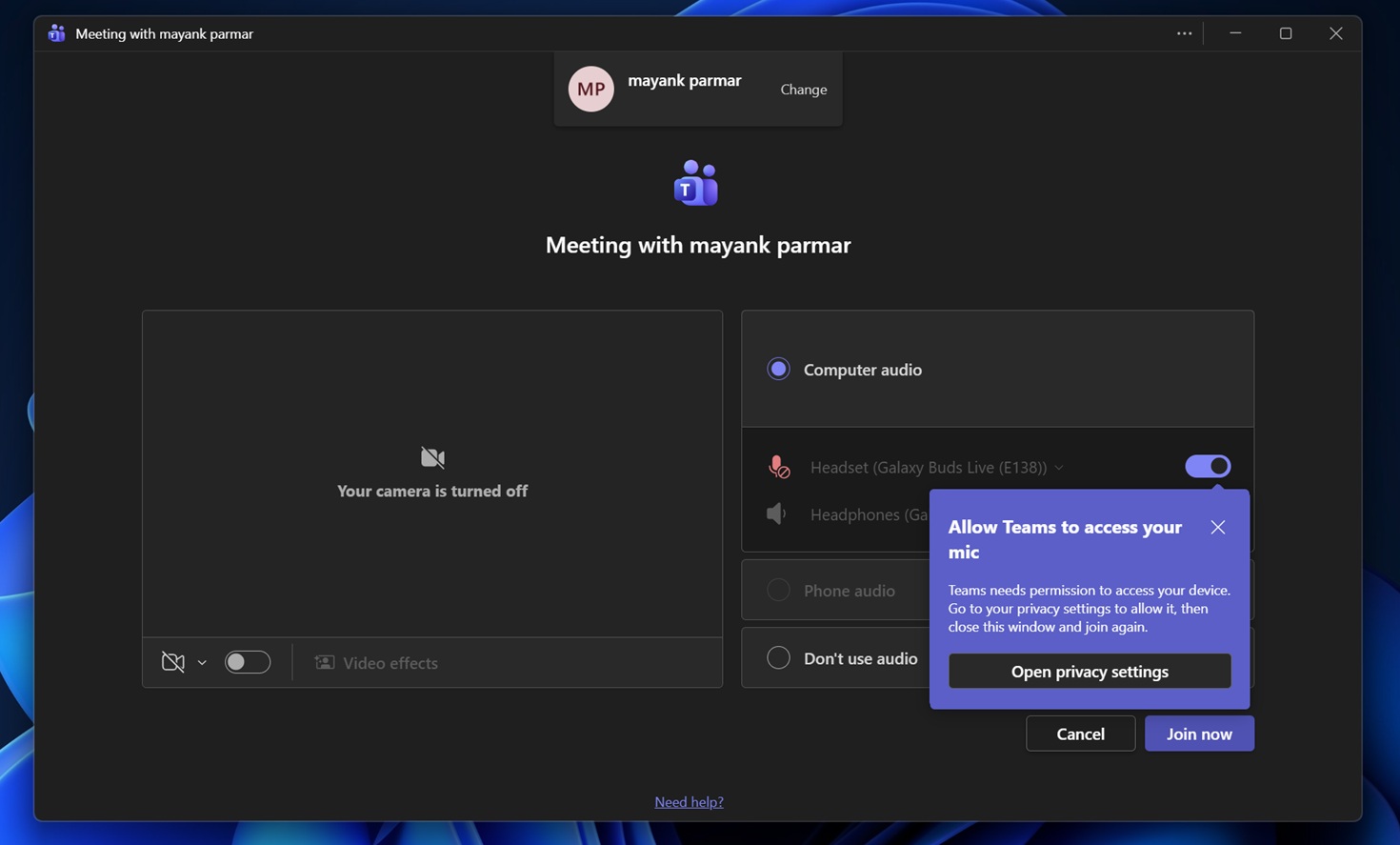
This is actually a very clever move. By moving Teams calling to a separate process, Microsoft is reducing conflict scenarios. For example, if you are in a call and a bug causes performance issues, it’ll now only affect the calling experience. Your Teams client would continue to work normally.
“Microsoft Teams Desktop Client for Windows will introduce a new process, ms-teams_modulehost.exe, to handle calling features separately, improving performance and startup time,” Microsoft explained in an update to Admin Centre.
How bad is Microsoft Teams?
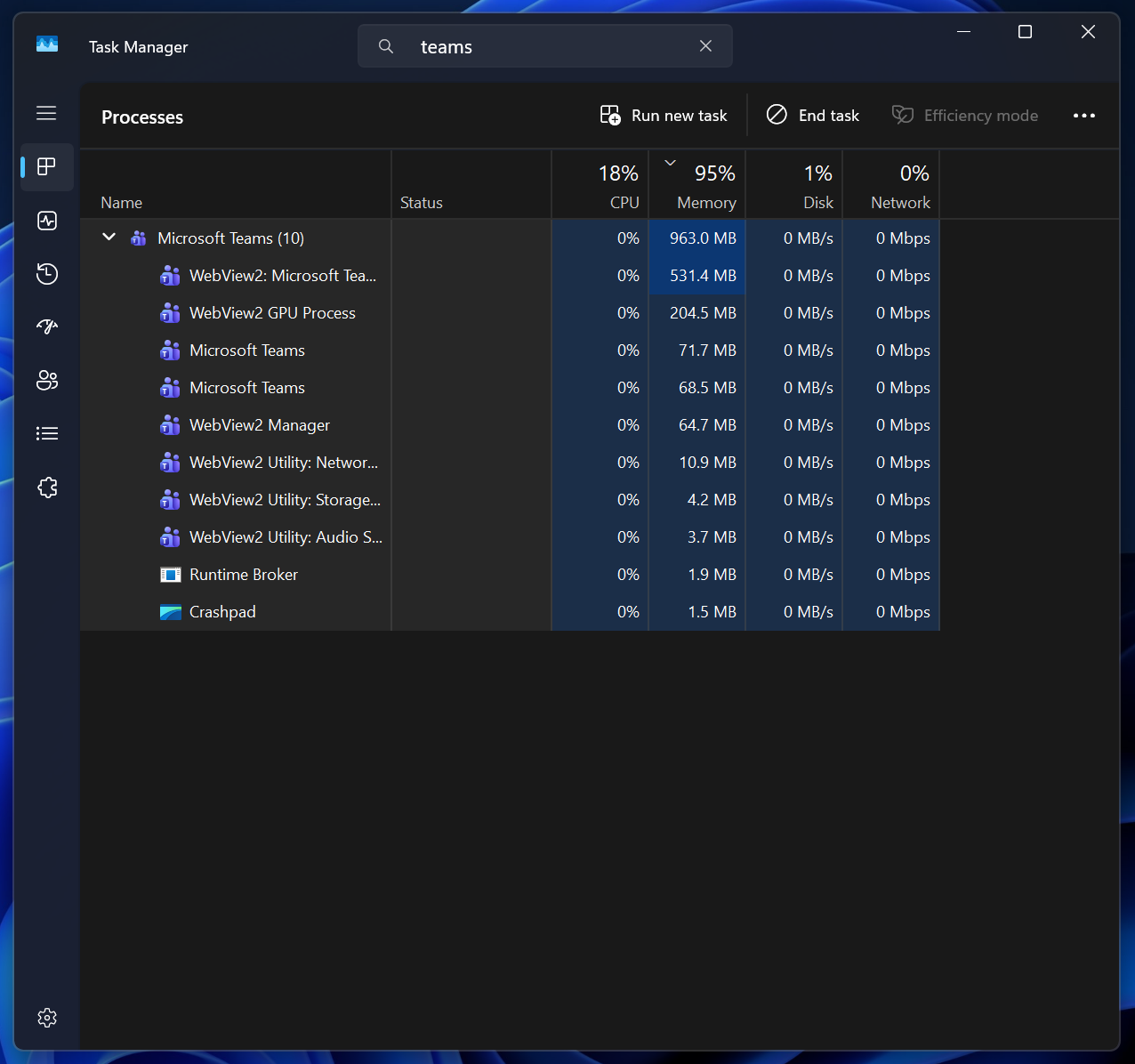
In a Reddit thread, several system admins point out that MS Teams takes a long time to launch and feels heavy. This could be because Teams is really a big web app that has to log you in, pull all your teams, chats, calendars and files, and connect to a bunch of Microsoft services.
Some users also told Windows Latest that company-wide calls are choppy, as the audio cuts out, video freezes, and PowerPoint sharing lags badly. This could be addressed when Teams calling moves to a separate process.
Teams to use less RAM by breaking features into different processes, starting with calling
Microsoft says ms-teams_modulehost.exe is a child process for the calling experience, and it runs independently, while ms-teams.exe is the primary process for everything else
“This change optimizes resource usage and enhances meeting experiences,” Microsoft noted. Microsoft also confirmed that UI or features do not change, but you need to make sure that antivirus software does not accidentally block ms-teams_modulehost.exe, which can happen in certain enterprise scenarios.
Everyone, including consumers, will get this new Teams experience starting January 2026, but the rollout won’t be complete until February 2026.
Microsoft really needs to dump WebView2 and go back to native code
Microsoft can create as many separate child processes as it wants, but that won’t change the fact that WebView2 is a performance disaster.
Microsoft is not addressing the root issue here, which is WebView2 and bloat inside Teams.
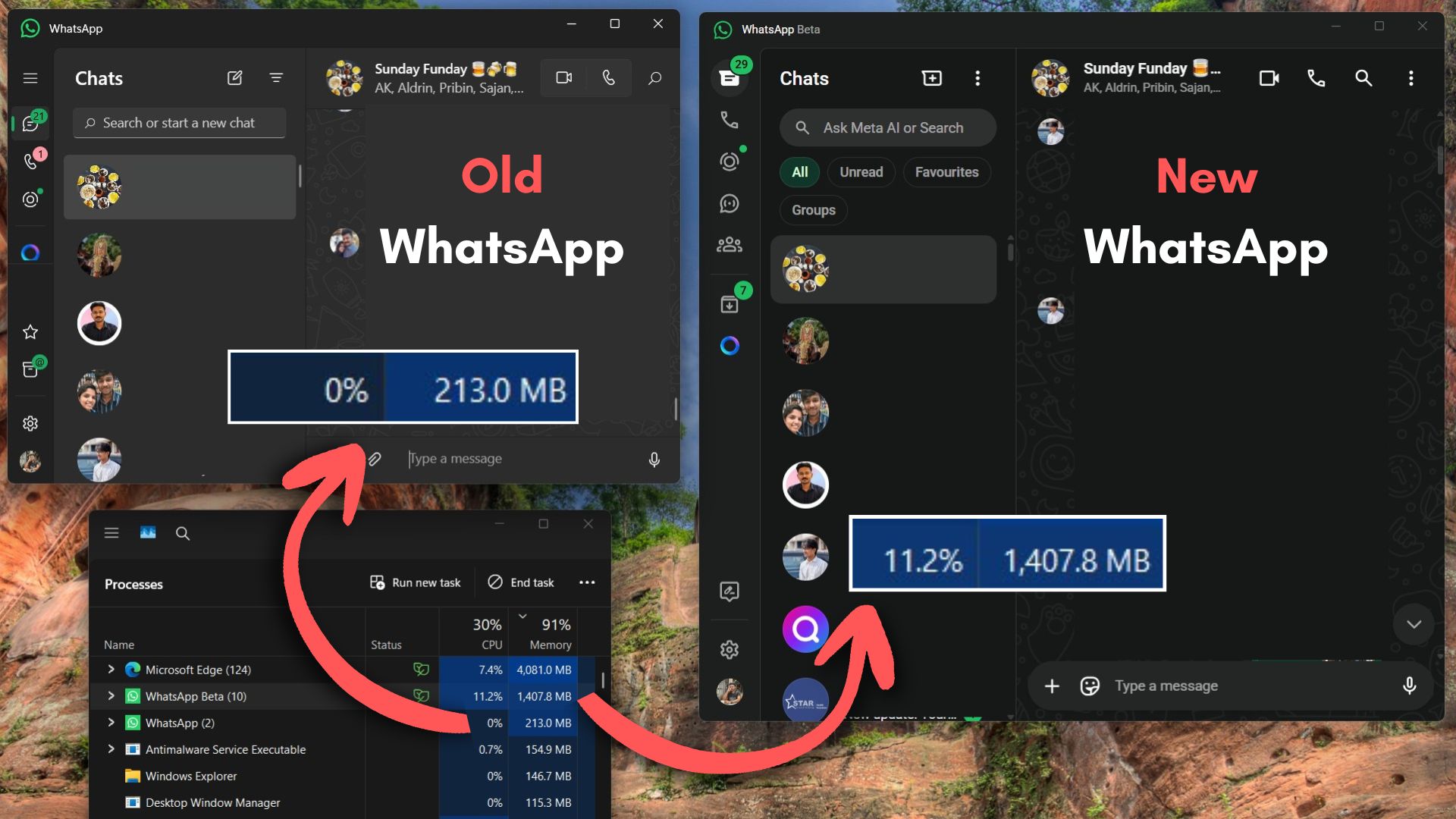
It’s not just Teams. In fact, the new WhatsApp that ditched native code (UWP/WinUI) for WebView2 is also a resource hog and takes longer than usual to launch.







